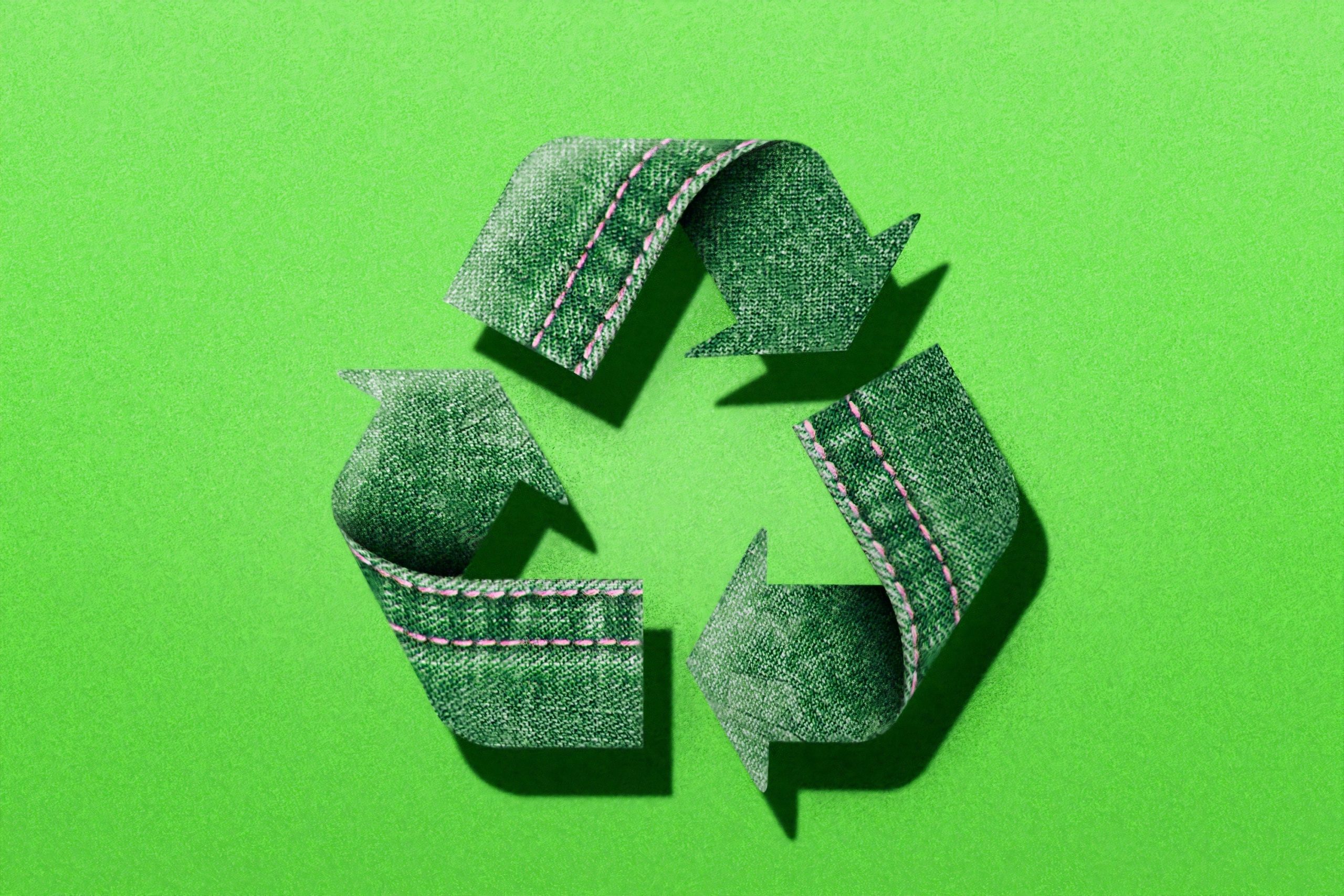Greenwashing: How False Advertising Plays into Conscious Consumerism

As shoppers, it’s an easy choice for most of us to buy from companies that support our core values. We can cast a “dollar vote” for more sustainable or ethical brands and products. As the movement of conscious consumerism grows exponentially, many companies have caught on to the impact that appearing more sustainable can have on the demand for their products.
What is conscious consumerism?
Conscious consumerism has been used throughout modern economies for consumers to advocate for issues they believe in such as product safety, health, and more ethical labor practices. Buying from companies that share consumers’ values allow them to find a community among shared beliefs and feel good about what they purchase. This movement allows consumers to boycott and buy the products they feel do or do not support their beliefs.
Companies have responded to this, responding to consumer calls to become more ethical and sustainable. The popular ice cream brand, Ben and Jerrys, has constantly shown their support for different social and political movements. Ben and Jerrys advocacy during the climate strikes motivated many customers to ramp up support for their brand, showing support for a company that agrees with their values. Unfortunately, some companies have caught onto this trend of buying from eco-friendly organizations and are using it as a marketing tool.
Greenwashing and false advertising
With the rise of the green movement, consumers have become more aware of how their choices influence the environment. Along with this, companies have come to realize just how effective green marketing is.
Green marketing has become an effective tactic of companies wishing to position themselves as the more sustainable option. There are currently very few requirements a company must meet in order to market themselves as green, or eco-friendly, allowing many companies to include green marketing when their products are not as sustainable as their claims.
For example, Fiji Water was recently sued for incorrect claims of being the “environmentally superior water bottle.” In reality, Fiji Water has some of the worst environmental impacts of any water brand. Their operations disrupt the native environments and economies of Fiji. The Carbon emissions created by shipping bottled water from the other side of the world resulted in “46 million gallons of fossil fuel, producing approximately 216,000,000 billion pounds of greenhouse gases per year,” as reported by Forbes.
What can you do?
Not falling for greenwashing is difficult as many companies use strategic marketing tools to appear more environmentally conscious. Still, there are several things you can do to ensure that you won’t be fooled by greenwashing.
Be wary of buzzwords, many companies will simply label their products as “eco-friendly” without true substance to back these claims. It’s important to research a product before you buy it for ethical reasons. A lot can be revealed about the true sustainability of a product by glancing over its ingredients and nutritional labels. Also, most products truly made from recycled materials will include this on their packaging. Finally, also try to see if you can find a third-party source that verifies the brand’s claims about the sustainability of their products.
As consumers, it is our responsibility to support companies that we share belief systems with. By being a conscious consumer you are showing support to companies that are truly supporting the green movement and adopting more ethical practices. So the next time you visit the grocery store – take the extra moment to cast the proper “dollar vote.”


Leave a Reply